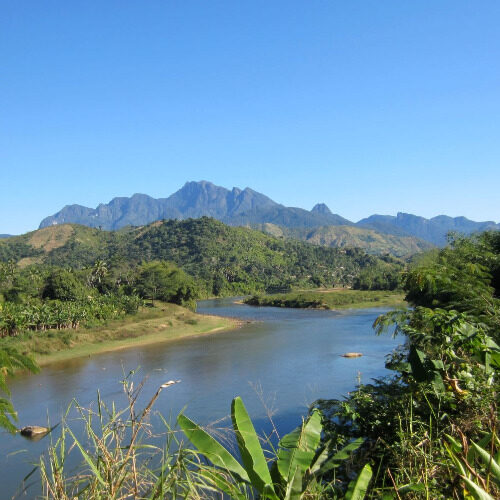
Climate crisis and religious change in Sub-Saharan Africa
Funders
Main funder

Understanding and mitigating anthropogenic climate change requires holistic and interdisciplinary research. This anthropological research project responds to this call by focusing on the complex role of religion in confronting the climate crisis. Sub-Saharan Africa is among the world’s regions hardest hit by climate change. Simultaneously, it is undergoing major religious transformations. In this context, religious institutions wield power in society, and religion offers many people a lens through which to understand and respond to disrupted weather patterns and livelihoods. The study advances a novel model for analysing climate change and religion, conceptualizing climate change as both actualised crisis and crisis discourse, and religion as both institution and lived practice. The study asks four interrelated research questions:
1. Does the on-going environmental crisis affect the policies and actions of local religious institutions and/or people’s religious practices?
2. How are local crises conceptualized, and to what extent are they seen as climate-related?
3. What broader sociocultural, political, and economic dynamics influence religious (non-)responses to climate change?
4. How do discourses of climate crisis reflect and contribute to dynamics of religious change?
The research will be based on data collected by ethnographic methods on three locations belonging to different ecological areas: transitional zone between savannah and forest in Ghana (West Africa), humid savannah in Cameroon (Central Africa), and tropical forest belt in Madagascar (East Africa). All three areas are facing crises related to global warming and local environmental destruction. The research will involve the major religious groups on the continent (Christianity, Islam, Indigenous religions).
We expect to see different adaptations to climate change and locally constructed crisis discourses, but also foresee the emergence of patterns: a) climate change to be increasingly spoken of and dealt with by religious actors; b) divisions to appear between climate- conscious and sceptical factions; c) environmental destruction to inspire popular calls for religious responses; d) theological explanations for the crisis to emerge; and e) the increase in climate-related development funding.
The study will produce diverse and place-based knowledge for dialogue with religious actors on how to develop new ways of life that are ecologically sustainable and globally just.
News
-
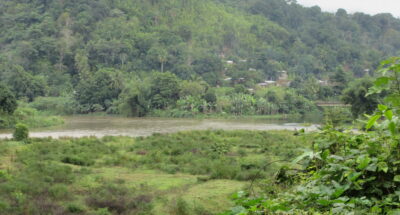 RELIGIOUS CHANGE IN AFRICA AND ASIA-PACIFIC IN THE ERA OF THE CLIMATE CRISIS symposium
RELIGIOUS CHANGE IN AFRICA AND ASIA-PACIFIC IN THE ERA OF THE CLIMATE CRISIS symposiumRELIGIOUS CHANGE IN AFRICA AND ASIA-PACIFIC IN THE ERA OF THE CLIMATE CRISIS symposium
Welcome to RELIGIOUS CHANGE IN AFRICA AND ASIA-PACIFIC IN THE ERA OF THE CLIMATE CRISIS symposium at the University of Eastern Finland in Joensuu,… -
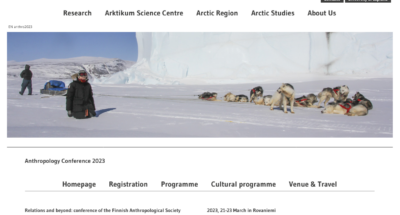 What is climate-related? Local perceptions of causality, change and crisis
What is climate-related? Local perceptions of causality, change and crisisWhat is climate-related? Local perceptions of causality, change and crisis
Project's panel at Finnish Anthropology Conference 2023 -
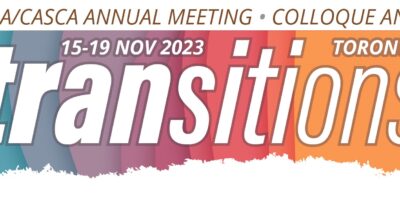 Situating religious actors in climate change transitions in Sub-Saharan Africa
Situating religious actors in climate change transitions in Sub-Saharan AfricaSituating religious actors in climate change transitions in Sub-Saharan Africa
The project's panel at 2023 AAA/CASCA Annual Meeting -
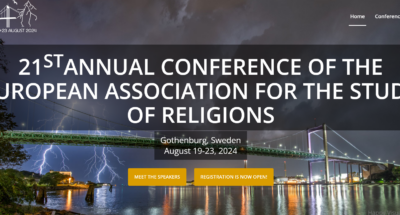 From sustainable futures to eschatologies of destruction: Climate crisis, religion, and coming days in Sub-Saharan
From sustainable futures to eschatologies of destruction: Climate crisis, religion, and coming days in Sub-SaharanFrom sustainable futures to eschatologies of destruction: Climate crisis, religion, and coming days in Sub-Saharan
The project panel, From sustainable futures to eschatologies of destruction: Climate crisis, religion, and coming days in Sub-Saharan, at the…
Cooperation
Keywords
Professors
Post-doctoral Researchers
Other group members
-
Tea Virtanen, yliopistotutkija tea.virtanen@helsinki.fi


